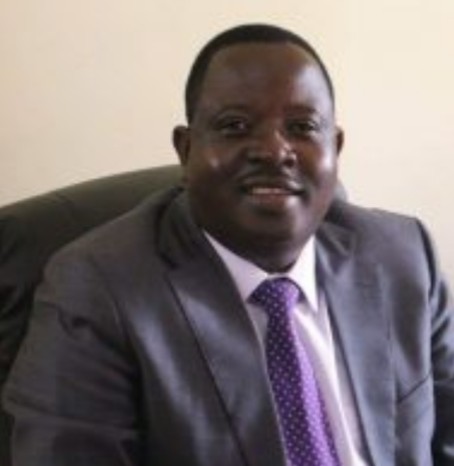|
Getting your Trinity Audio player ready...
|
By Joyce Mukucha
Well-implemented community engagement strategies have been described as fundamental to support designing of interventions, building trust and community entry during COVID-19 prevention and control responses.
Recently speaking during a media Science Cafe on COVID-19 vaccine program in Zimbabwe, the Executive Director for Community Working Group on Health(CWGH), Itai Rusike said the global Covid-19 pandemic is a public health issue which requires public response emphasising that the ordinary people and the community should be at the centre of this response.
“Communities can play important and active roles in prevention and control of this pandemic. As a nation there is need to assess existing community engagement structures and use community engagement approaches to support contextually specific, acceptable and appropriate COVID-19 prevention and control measures,” Rusike said.
He said through community engagement, CWGH identified local leaders, community and faith-based organisations, community groups, health facility committees, individuals and other key stakeholders believing that they can support more robust implementation within the COVID-19 response such as encouraging others to get vaccinated.
“It is important to continue identifying vaccine champions who include traditional leaders and religious leaders and use them as ambassadors who educate people on why it is important to get vaccinated not to use coercive ways such as barring people from beerhalls if they are not vaccinated, that will not effectively work.
“The community should be addressed in a way which allow them to educate their own families and communities. As community health working group, we partnered with various local authorities for example City of Harare, Masvingo, Mutare and Bulawayo and even others in the rural communities.
“We started training community health workers because to us they are the most trusted cadres who have the interface to the community. Village health workers(VHW) in particular live in those communities and they know their communities. So we started rolling out training programmes to capacitate VHW so that they can also train various people in their different communities . We also went further and included traditional leaders and religious leaders so that they encourage their congregants to get vaccinated,” he said.
He also highlighted the need to have community ownership and an informed communities that make informed decisions.
He said it was imperative to ensure that the communities get correct information as he explained that during the time of crisis, people were now getting information from sources which are not official resulting in a a number of challenges.
“For us to have an informed community, there is need to have a substained Covid-19 network for people to become fully informed.
“Unfortunately what we are seeing on the ground and what we noticed from the beginning where there was an element of information gap and it resulted in challenges such as misinformation and disinformation and people were now getting information from other sources especially the social media.
“This led to serious challenges such as vaccine hesitancy even within the health professionals themselves because initially the target was to first vaccinate the frontline workers but there was generally a low uptake showing that there was no adequate Covid-19 vaccine information.”
Rusike also stated that vaccine literacy should be a continuous program reiterating that people were becoming reluctant failing to comply with the World Health Organisation guidelines.
“The issue of complacency is not only a public issue because we are also noticing it within the officials themselves. People think there is now a decline in new infections, hospitalisation and deaths but everywhere you go we witnessing the the fourth wave being brewed for instance in Mupedzanhamo and any other markets where people are not wearing face masks and social distancing is not being observed.
“Zimbabwe as a country need to avoid catastrophic and looming fourth wave. Without a widespread vaccination, it will affect us as a country and it will slow us from going back to our normal lives.”
He also stressed the need to address the issue of vaccine equity and resources distribution programmes.
“The country has received for about 13 million doses but not not found in health facilities especially in rural areas. It is equally important to address the issue of resource mobilisation programmes particularly in remote locations rural settlements even urban ones. distribution of vaccines need to coordinated.”
The COVID-19 chief co-ordinator in the President’s Office, Dr Agnes Mahomva also said Covid-19 is a public health emergency which need public response as she stressed the need for government to continue with a holistic approach of trying to fight the deadly virus.
She urged people to go in their numbers to get vaccinated explaining that 19 percent of those dying are not vaccinated.
She highlighted that Government was making efforts to ensure that more vaccines are procured as well as making sure they are accessible to everyone including those who reside in urban-distant communities.
“Our goal is focusing on morbidity and mortality and we want to save lives first making sure we are paying attention to protecting livelihoods and growth of the economy. Zimbabwe has procured and received over 13 million vaccines and over US$127 million has been used. To ensure full coverage and protection of citizens, Zimbabwe is expecting to get US$20 billion which is a big achievement.”
She urged the public to take action when they fail to access the vaccines in health facilities.
Since February, she highlighted that 2,4 million Zimbabweans are now fully vaccinated against the target of 10 million.






